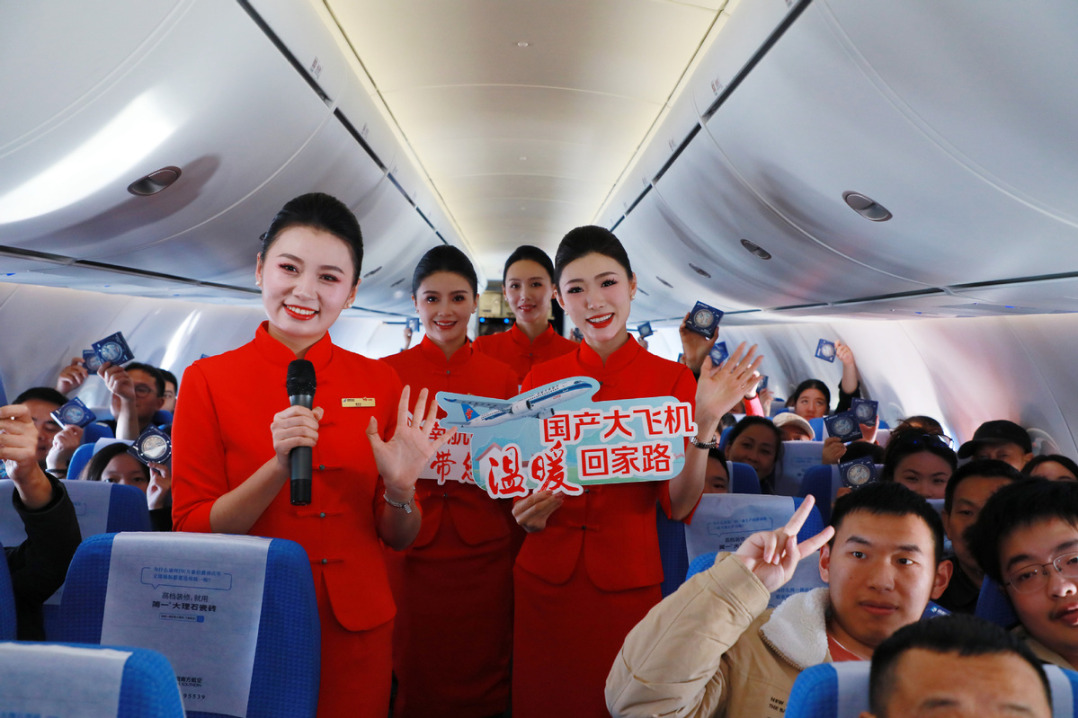Shanghai lawmakers listen to foreign firms on accessible facilities


Shanghai's efforts in further opening-up can be exemplified by its latest attempt in leveraging foreign companies' experiences to make local laws on building accessible facilities.
The law, which took effect on March 1, aims to clarify the rules on the construction and maintenance of accessible facilities in the city, related information exchange, social services and governance, supervision and management.
About 600,000 disabled people, as well as 5.42 million people including the elderly, the injured, pregnant women and infants in Shanghai will directly benefit from the law.
One highlight of the local legislation is that foreign companies, best represented by Shanghai Disney Resort, have participated in the lawmaking process, according to Zhou Hong, vice-chairman of social development affairs committee of Shanghai Municipal People's Congress.
According to Zhou, the widely accessible facilities in the resort, including attractions accessible to wheelchair users, park guidance in Braille and sign language interpretation for certain shows, are practical experiences that the local law can refer to.
Apart from providing its own report on accessible facilities at the theme park, Shanghai Disney Resort has also translated the draft version of the local law into English so that the resort's experts can have a bigger picture and provide suggestions more precisely, said Zhou.
Murray King, vice-president of public affairs and communications at Shanghai Disney Resort, said that they have also learned from others during the lawmaking process and it has provided useful insight for the resort's practices in building a wide range of accessible-friendly infrastructure and providing support services.
"We look forward to further promoting accessibility in Shanghai and the broader community in the future," he said.
Introduced by Shanghai Disney Resort, which has set up an accessible facility working team with other multinational companies in the city, Shanghai Municipal People's Congress has also reached out to hotelier Marriott International to learn from the latter's construction standards for accessible facilities in hotel rooms, said Zhou.
Foreign companies' presence can also be found in the process of making the local charity regulations, which took effect in November 2021, said Zhou.
Their contribution can be expected in Shanghai's sports development regulations in the pipeline, he added.
"It is also part of Shanghai's efforts to promote whole-process people's democracy and further improve the city's business environment," said Zhou.
According to information released by the municipal government in mid-January, Shanghai is home to more than 11,000 expatriates with permanent residency. The city has issued more than 370,000 work permits to foreigners. Meanwhile, it has attracted more than 270,000 returnees with overseas academic backgrounds.
Shanghai ranks the top nationwide for all these three gauges, the municipal government said.
While more than 60,000 foreign companies have set up operations in Shanghai, a total of 891 multinational companies had set up their regional headquarters in the city by the end of 2022.
Despite the headwinds brought by the epidemic and global geopolitical tensions last year, Shanghai still attracted a record $23.9 billion in foreign investment.
China's draft law on building accessible facilities was submitted to the Standing Committee of the National People's Congress, the country's top legislature, for first review on Oct 27.
It was then open for public opinion from Oct 31 to Nov 29.
- Beijing to add 20,000 primary and secondary school seats in 2025
- Highlights of Inner Mongolia Government Work Report unveiled
- University presidents unveil declaration for building a strong education nation
- Chinese Navy hospital ship returns home following humanitarian mission
- China's high-speed railways offer majority of passenger trips in 2024
- China allocates 6.66b yuan for rural revitalization in ethnic minority areas





































